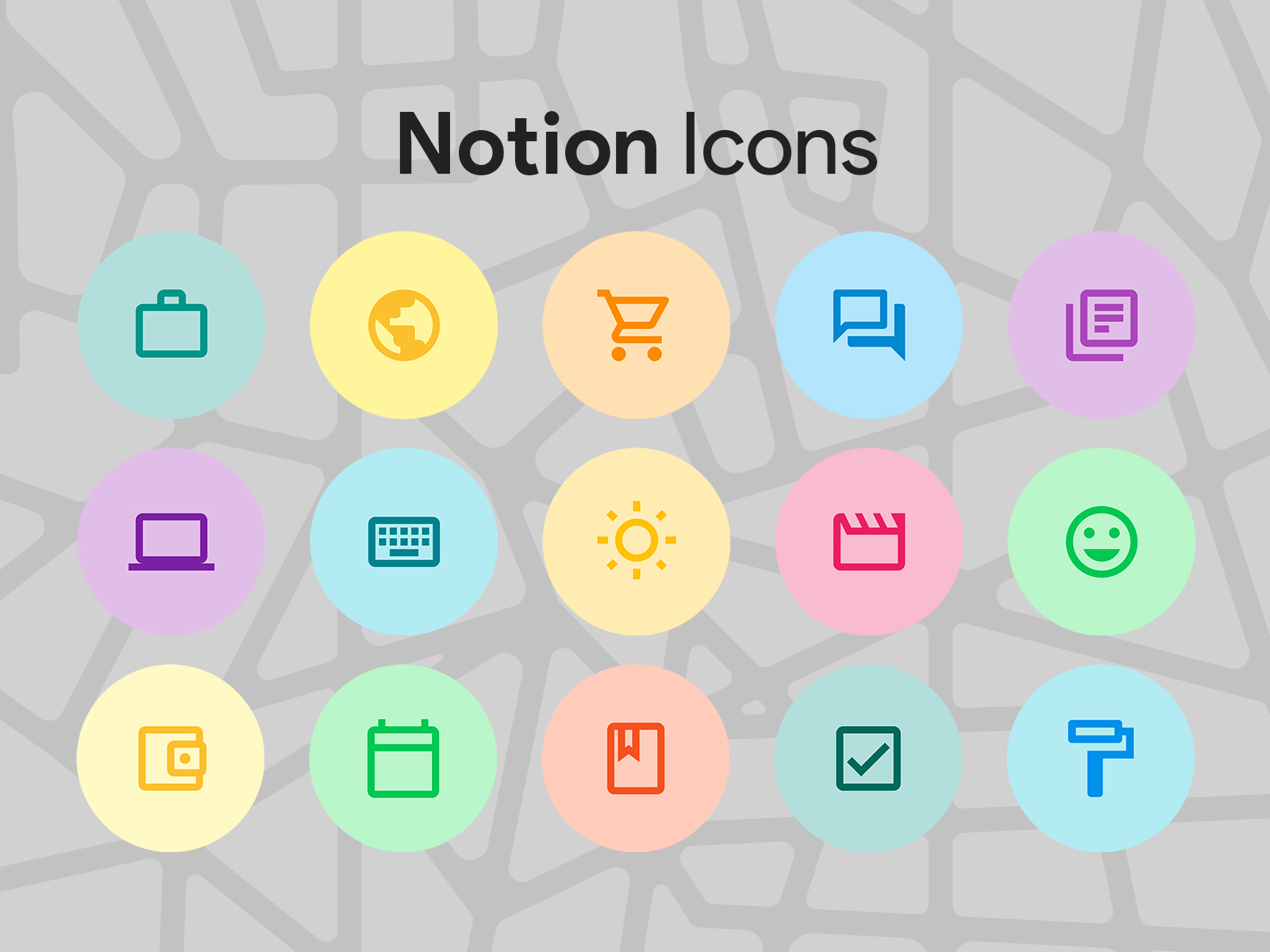
Resolve the problem by either typing out the whole formula or replace all " symbols by typing " directly into the Notion Formula box.įor the rest, the formulas look like this: Overdue statistics in Notion It looks nearly identical to the Notion one, but Notion gets confused and returns a syntax error. Beware of one quirk though: sometimes, copypasting the formula into notion will use a weird variation of the " symbol.

#NO NOTION MEANING FREE#
So no need to figure out a formula for that (unless you use a Select Property to track that in your database in which case you'd need to add one).įeel free to copypaste any formula below directly into your workspace. They are true checkboxes, meaning that you - the user - has to check and uncheck them. Important to note: those checkboxes must be set up in your Main Database, not in your Statistics Database.ĭone and Waiting On are the two simplest checkboxes to get with any task manager.

Here's how a simple statistics setup for a task manager could look like: How can I ask Notion a yes or no question about it. So all you need to do to get whatever statistic your heart desires is to figure out: Notion Formulas will return a checkbox (or boolean for all computer scientists out there) whenever you ask it to test whether a statement is true. So how do we get Notion to turn "This task is due next week" into a checkbox? That's The Checkbox Method that will turn your Notion workspace into an analytics-powerhouse. So if we can get Notion to display information - any information - as a simple checkbox, then we can have statistics on it. The easiest thing for a Roll-Up to count are checkboxes. Now remember, Roll-Ups are great at displaying sums of simple conditions. We set up templates for our Main Database so that each and every entry here has a pre-filled relation to My Stats. There's a relation between the two databases. We have a separate database called Statistics. We have a database for which we want statistics. To recap, here's how our setup looks like right now: If it can be a checkmark, it can be a statistic After all, this is called The Checkbox Method. Now we're just one step away before statistics can take over our workspace. To make sure that our statistics actually gather information for each and every entry in our database, we need create a base template for all entries in that database to auto-fill a relation to our statistics page. With your task database, you could have a template for urgent tasks, so that your Property High Priority is tagged automatically. Within each database, you can set up templates for entries to pre-fill certain information. We will only need one entry in it (labelled My Stats). To do that, we create a separate database that has no other job than to create statistics. Now that's cool, but we don't want to have statistics only for one project. And just like that, database B can display the total amount of time a project will take. With a roll-up in database B, you could have Notion look into the tasks related to a specific project and sum up the time you've assigned to each task. You have your tasks in database A and your projects in database B. Usually, the use case for this looks something like this:

You connect a database to another via a relation and then, you can ask the roll-up to gather information for you. Roll-ups in Notion are like little gateways. Notion Roll-ups + Templates + Notion Formulas = Statistics in Notion

You can solve that problem and create a new functionality within Notion by combining three features that can't provide statistics on their own. Get Statistics for Notion with The Checkbox Method Wanna know how many there are? Have fun counting. Wanna see all your books in the category "Non-Fiction". It's horrible because you're stuck with this visual representation of your data and can't ask Notion (natively) to show you that data in numbers. It's amazing because you can use related databases and various views to see the content of a database in countless ways. Notion is both amazing and horrible at slicing data for you.


 0 kommentar(er)
0 kommentar(er)
